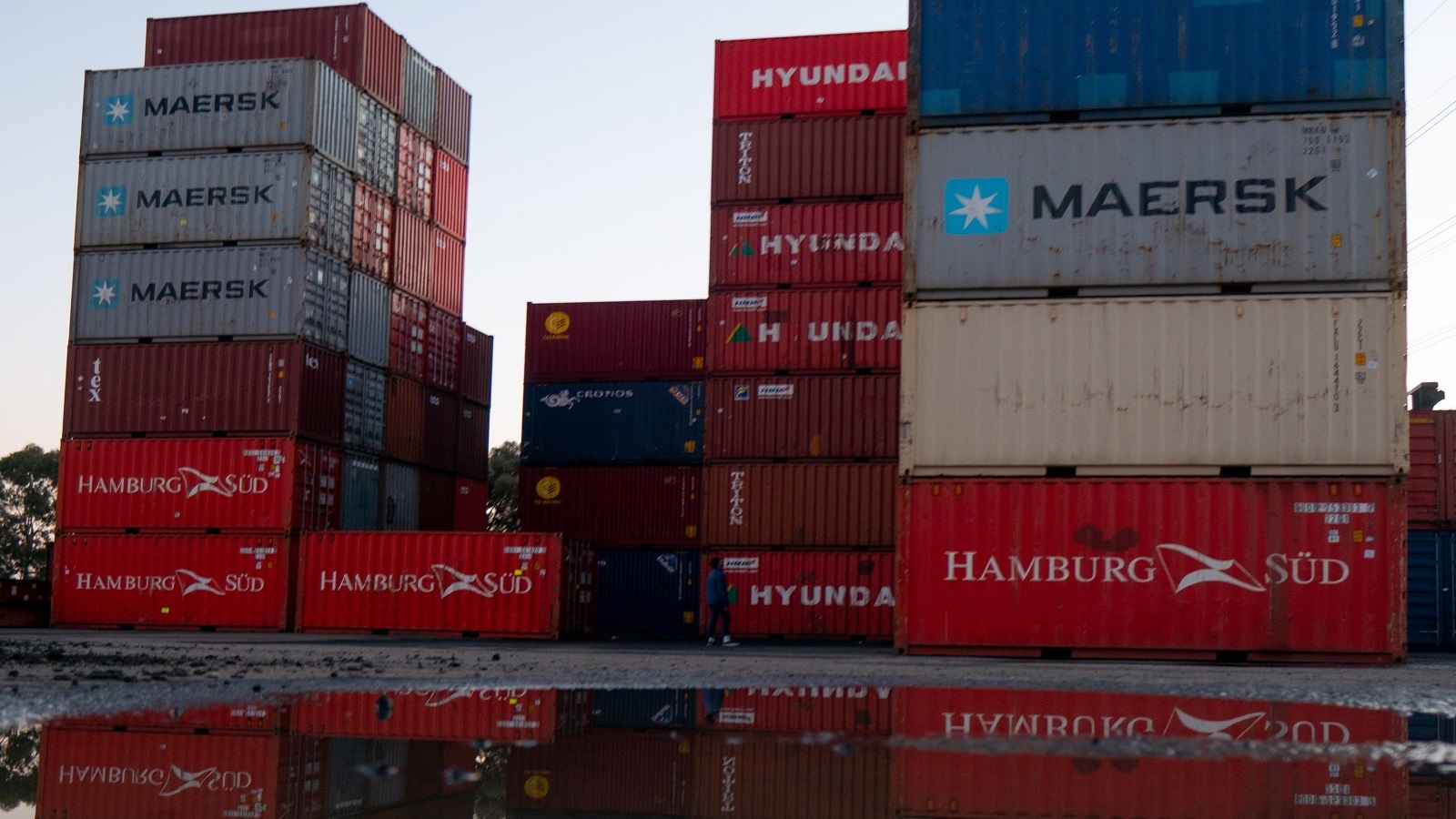The Office of the United States Trade Representative (USTR) is pointing fingers at China for negatively affecting global workers and organizations with its trade policies.
The USTR recently published a yearly review of China's adherence to their oath in order to gain membership to the World Trade Organization (WTO).
The report said that "China's embrace of a state-led, non-market approach to the economy and trade has increased rather than decreased over time, and the mercantilism that it generates has harmed and disadvantaged U.S. companies and workers, often severely," according to the British Broadcasting Corporation (BBC).
The report mentioned Beijing's subsidies, restrictions on foreign companies' permission to do business in China, and lack of protection for intellectual property rights.
This report is the first since President Biden's appointee, Katherine Tai, took office as the top U.S. trade negotiator. It emphasized that the United States has come out on top in all 27 cases brought forward against China at the WTO and that "meaningful reforms by China remain elusive."
The BBC reported that the trade war began under the term of former President Donald Trump. Despite this, trade between both countries totaled $657.4 billion in 2021, during the pandemic. That number is just shy of $1.5 billion from the record set in 2018.
According to the BBC, Dennis Shea, former U.S. ambassador to the WTO during the Trump administration, said that the lack of accomplishing lasting change on trade between the U.S. and China was a forceful factor behind the trade deal both countries agreed to in 2020.
"We undertook the Phase One trade deal to try to exact costs on the Chinese to get their attention and to try to move the needle that way," Shea said to the BBC. "Interestingly, Ambassador Tai [and] the current administration is still trying to enforce the Phase One deal."
The deal reduced a list of tariffs in the United States, and China pledged to increase U.S. imports by $200 billion above 2017 prices and build intellectual property rules, according to the BBC report.
Shea said to the BBC that U.S. farmers and manufacturers have been hurt, as it relates to the production of goods for the target to be attainable.
"There is no sense in which U.S.-China trade relations will improve anytime soon, but there is also no sense that they are on the verge of getting worse," Chad Bown, of the Peterson Institute of International Economics in Washington, said to the BBC. "Unlike President Trump, the Biden administration is not threatening a re-escalation of the trade war and imposition of new tariffs on billions of dollars of trade."
According to the BBC, Shea emphasized that China must commit to making its economy more reliant on consumer spending. China has not yet moved to a consumer-led economy and still relies heavily on export and production, Shea said.

